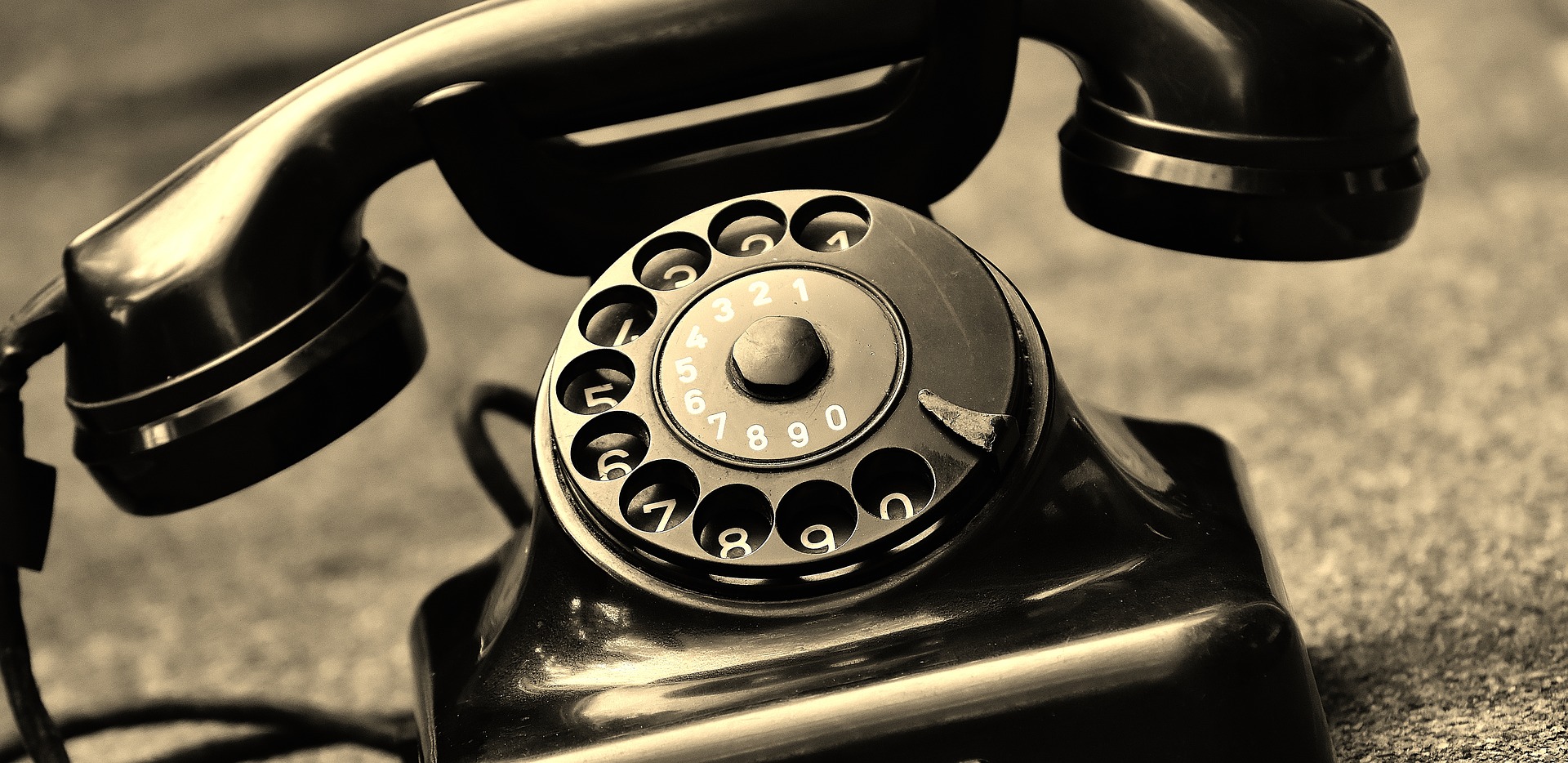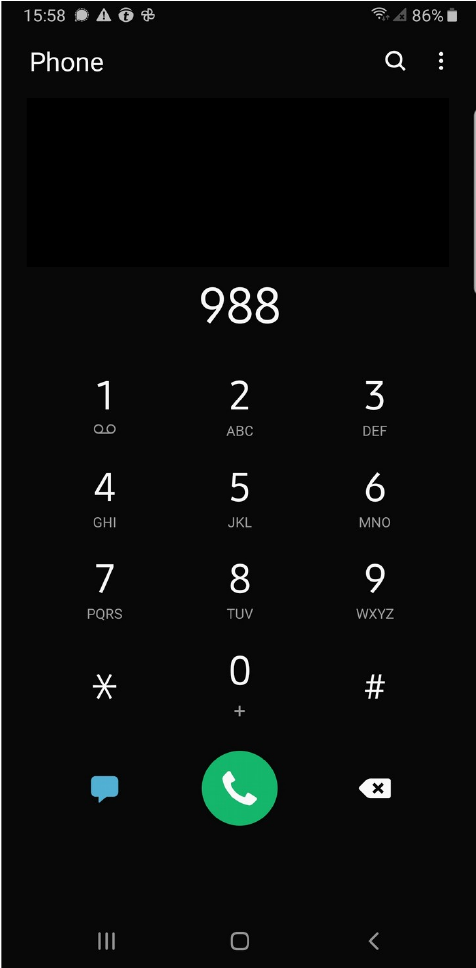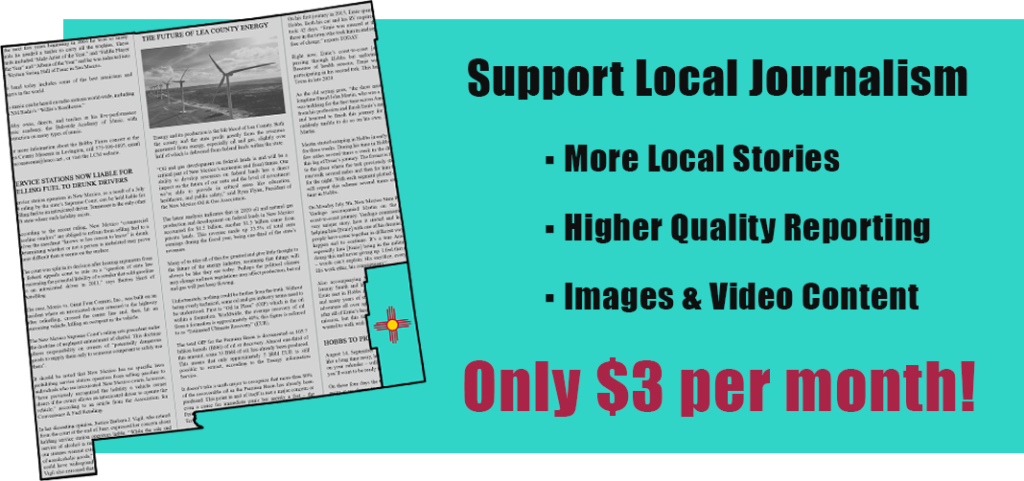
Big changes are around the corner for New Mexicans when it comes to dialing local telephone numbers. Soon, callers will have to use ten rather than seven digits to make a call.
New Mexico’s two area codes, 505 and 575, are among the 82 area codes across 38 states that will be affected by the forthcoming FCC requirement to use ten digits to dial. The announcement of the change to the 10-digit dialing format was made by the New Mexico Public Regulation Commission on March 23rd.
Why the Change?
The new ten-digit dialing protocol is the result of both Congress and the Federal Communications Commission (FCC) recognizing the the need to implement a three-digit National Suicide Prevention Lifeline, and 988 has been designated as the hotline number.

This means 988 will no longer be used as a prefix for phone numbers. “The FCC ordered that any area code that has the 988 prefix assigned as regular telephone numbers and has 7-digit local dialing be transitioned to 10-digit local dialing to prevent problems with reaching the National Suicide Prevention Lifeline using the 3-digit 988 code,” states the New Mexico Public Regulation Commission in a special letter to the public.
With 7-digit dialing, local numbers are assumed to use the local area code. For residents of Lea County this would be the familiar 575 area code. However, since numbers exist with the format 575-988-XXXX, they can be reached by starting a local dial with 988, omitting the area code, under the current 7-digit dialing system. This would cause problems when trying to dial 988 for Suicide Prevention. Requiring the area code in the new 10-digit dialing system will solve that issue.
According to the FCC, phone service providers will be required “to direct all 988 calls to the existing National Suicide Prevention Lifeline by July 16, 2022. During the transition to 988, Americans who need help should continue to contact the National Suicide Prevention Lifeline by calling 1-800-273-8255 (1-800-273-TALK).”
When Does the 10-Digit Dialing Transition Start?
The transition period for the new 10-digit dialing practice starts just a couple of weeks from now on April 24th. From this date forward, callers will be asked to dial using 10 digits (area code + phone number) when making local calls.
When Does 10-Digit Dialing Become Mandatory?
Six months later, on October 24th, the 10-digit dialing protocol becomes mandatory and seven-digit calls likely will not be transmitted. Instead, callers will receive a recording that states: “the call cannot be completed as dialed.”
What Actions Should Individuals and Businesses Take?
In addition to switching to the 10-digit dialing practice on or before October 24th, both individuals and businesses will need to modify several other things. Services and/or equipment programmed to complete calls to seven-digit local numbers will require reprogramming to complete local calls to 10-digit numbers. Such reprogramming includes: mobile/wireless contact lists; Internet dial-up numbers; call forwarding procedures; voicemail platforms; medical monitoring and life safety devices; fax machines; burglar alarms, security systems and gates – the list goes on and on.
Seven-digit phone numbers will, also, need to be replaced with 10-digit phone numbers on all formats of advertising – print , websites, social media – not to mention on business cards, stationery, checks and even personal and pet(s) ID tags.
What Will Not Change?
In moving to 10 digits, no area codes nor phone numbers will change. What is a local call today will remain a local call, even though ten digits will be required to dial. According to T-Mobile call prices, coverage area and other services will not change. Long distance calls will still require: “1” + area code + phone number, and current three-digit codes, like 911 for an emergency, will not change.
It is clear that as a result of the FCC 10-digit ruling much more than simply dialing 10 digits is being required of the public when making a local call. Resources, if any, available to help the public during the changeover have not been announced. Still, the need for the hotline is clear, especially in New Mexico where the suicide rate was the highest in the nation in 2018.
For a complete list of the 82 area codes affected by the FCC 10-digit dialing mandate click here. To read the FCC’s Press Release about the new three-digit (988) hotline number for the National Suicide Prevention Hotline click here.


